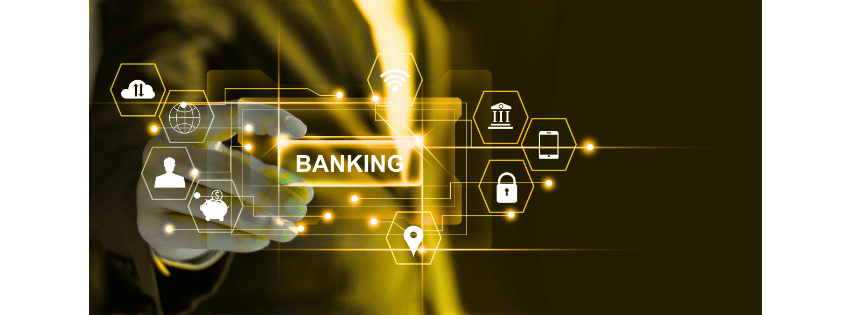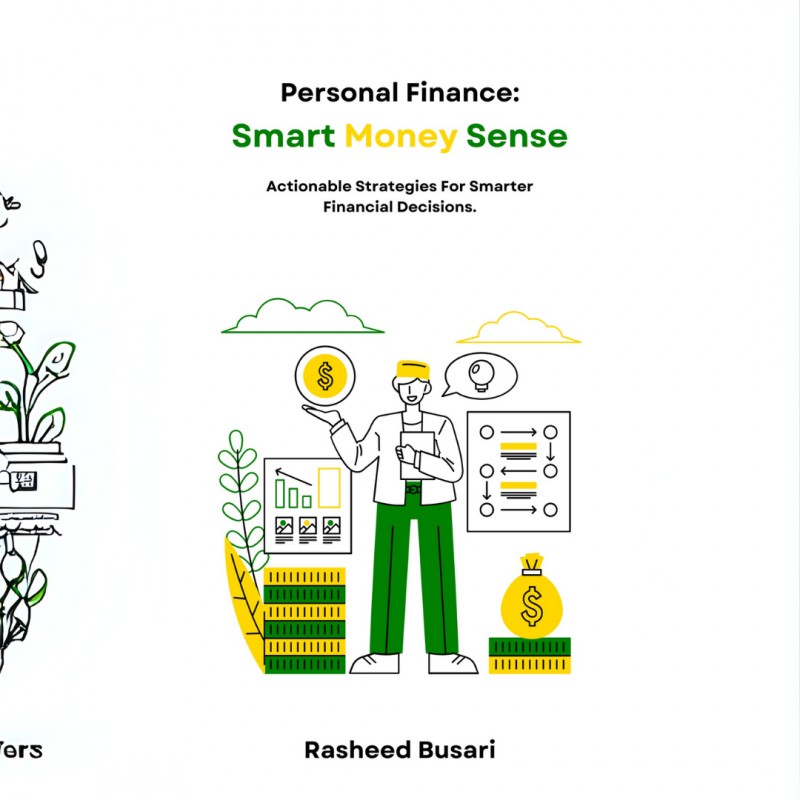Last Updated on 19/10/2025 by Rasheed Busari

Have you ever wondered why banks always make money, whether the economy is booming or struggling? While individuals worry about bills, debts, and savings, banks continue to post profits and expand their digital reach. The secret lies not in luck or privilege, it’s in their mindset, culture, structure, and strategy. To make money like a bank, you have to think like a bank.
Banks and financial institutions play a significant economic role, known as financial intermediation. Financial intermediation is how money moves from the economy’s surplus side (individual savers, etc.) to the deficit side of the economy. The surplus side refers to individuals, households, and entities with surplus funds not used for any economic activities (money not used in banks or other forms of financial institutions). In contrast, the deficit side of the economy is individuals and entities that lack funds and need the funds for economic activities. Banks and other financial institutions match those that need funds (the deficit side of the economy) with those excess unused funds (the surplus side) for interest rates, transaction fees, and other fees incidental to this intermediation role.
If you want to achieve lasting financial freedom, you need to stop thinking like a spender and start thinking like a bank, with a mindset of seizing opportunities in every situation. Let’s explore what this means and how you can apply the same principles to your personal finances
The Bank’s Mindset: Profit is Planned, Not Accidental, Think like a Bank
Banks never operate by chance; they are well regulated to promote financial intermediation and protect depositors’ funds. Every product that banks offer, from savings accounts to loans, is designed to generate consistent income. Banks don’t wait for profit; they plan for it. Banks’ primary source of income is the spread between the interest they charge borrowers and the interest they pay depositors. For example, a bank may charge 10% interest on a loan but pay only 3% on savings, keeping the 7% difference as profit.
Lesson: Create a system that ensures and promotes profit. Automate your savings and investments before spending. Treat your income like a business; every naira must have a purpose. Borrowers should compare interest rates to avoid overpaying, and savers should seek accounts with competitive interest rates to maximize returns.
The Power of Interest: Make Money Work for You

Banks understand the principle of compound interest better than anyone. They pay customers small interest on deposits while earning higher interest on loans. The difference is their profit.
Individuals can adopt this model to their advantage for wealth creation:
- Invest in high-yield instruments like mutual funds, treasury bills, or fixed deposits.
- Leverage compounding, reinvest your earnings so your money keeps working for you.
Lesson: Don’t just save, invest in financial instruments that yield interest. Banks don’t grow by keeping money idle, and neither should you. Put your money to work to make more money.
Risk Management: Insurance and Diversification

Protection of depositors’ funds is a top priority for banks because depositors’ funds serve as the raw materials for any product that the bank offers. Banks protect themselves against the depletion of depositors’ funds by way of implementing robust risk management systems, either by insurance cover or risk diversification/mitigation. They insure assets (loan), insure liability (deposit), diversify portfolios, and manage exposure across industries and currencies.
You, too, must protect your financial base:
- Have emergency savings (3–6 months of expenses).
- Get insurance for health, life, and property.
- Diversify investments across assets (stocks, real estate, bonds, and digital assets) to manage risk/loss exposures.
- Evaluate insurance products independently before purchasing to avoid unnecessary costs.
Lesson: Never put your financial life at risk with one decision. Diversify your decisions and investments to manage losses and exposures. Protection is power that gives confidence.
Cash Flow Mastery: Money In > Money Out
Banks monitor cash flow daily to ensure the availability of funds for withdrawal for depositors whenever they call for their money. They know when funds enter and leave, and ensure inflows exceed outflows. That’s why liquidity is a cornerstone of banking success.
For individuals, this means:
- Track your spending.
- Cut unnecessary expenses.
- Build multiple streams of income like side hustles, freelancing, rentals, or investments.
Lesson: If you control your cash flow, you control your financial destiny.
Leverage: Using Other People’s Money Wisely.
Banks thrive on leverage. They use depositors’ money to fund loans and investments that generate more income. The smart use of debt creates growth, expansion, and not stress.
Individuals can also leverage wisely:
- Use good debt to build wealth (e.g., a mortgage, business loan, or education loan).
- Avoid bad debt like borrowing for consumption or luxury. Borrow money for production purposes or something that will give a possible return now or in the future.
- Ensure every money borrowed, either from banks or family and friends, has a return plan.
- Avoid carrying high-interest credit card balances.
- Compare advisory fees and ensure services align with financial goals before signing up.
- Understand the terms of loans and prioritize paying off debt quickly to save money
Lesson: Debt is not your enemy; ignorant borrowing is. Borrow with the motive to multiply and make good returns.
Systems and Discipline: The Bank Never Sleeps

Banks don’t depend on emotions or motivation; they depend on well-structured systems created to run on autopilot. Automated deposits, standing orders, loan repayments, and investments keep money flowing 24/7.
Apply the same principle to your finances:
- Automate your savings and investments.
- Review your finances monthly.
- Use budgeting apps or tools to track money management.
- Be aware of hidden fees and choose accounts with minimal charges.
- Use various online tools to avoid overdrafts and late payments.
Lesson: Financial freedom is not a wish; it’s a system that runs on discipline and consistency.
Long-Term Thinking: Banks Don’t Chase Quick Profits
Banks don’t chase overnight success; they plan decades ahead. Their strength lies in consistency, trust, and compounding time.
You can do the same:
- Think long-term with your investments.
- Focus on financial independence, not instant gratification.
- Stay consistent even when progress feels slow.
Lesson: Wealth isn’t built overnight, it’s built over time. Consistency and patience build confidence and freedom in the long run.
Final Thoughts: Becoming Your Own Bank
To think like a bank is to take control of your money, your mindset, and your future.
When you adopt the bank’s approach to money:
- You plan before you spend.
- You earn while you sleep.
- You manage risks intelligently.
- You build wealth deliberately, not accidentally.
Financial freedom is not about how much you earn; it’s about how you think. So, starting today, stop living like a customer and start operating like a bank. Because when you think like a bank, you’ll eventually make money like one.
If this article inspired you, share it with a friend who needs a financial mindset shift. Follow The Financial Thrive for more practical guides on financial literacy, personal finance, and wealth building.
For more tips on personal finance, buy PERSONAL FINANCE: SMART MONEY SENSE






Pingback: Build Your Own Bank: A Personal Finance Perspective - the financial thrive
This is a very good tips especially to those new to blogosphere, brief and accurate information… Thanks for sharing this one. A must read article.